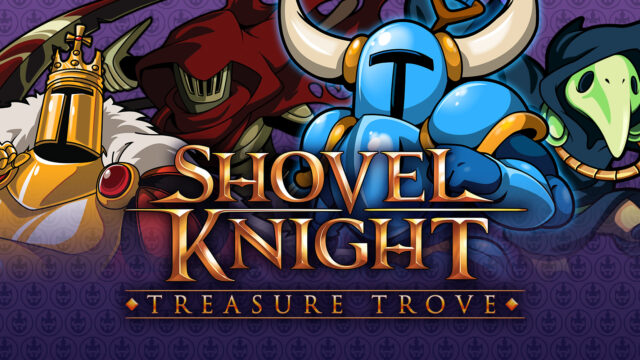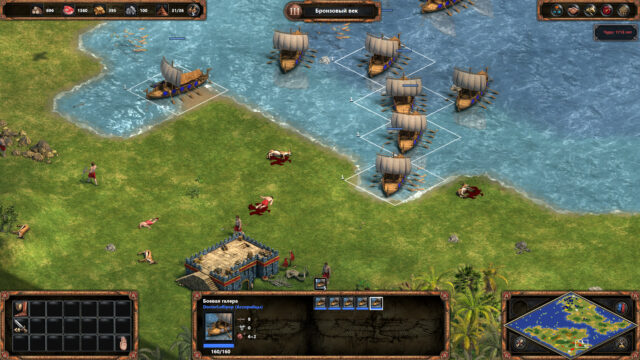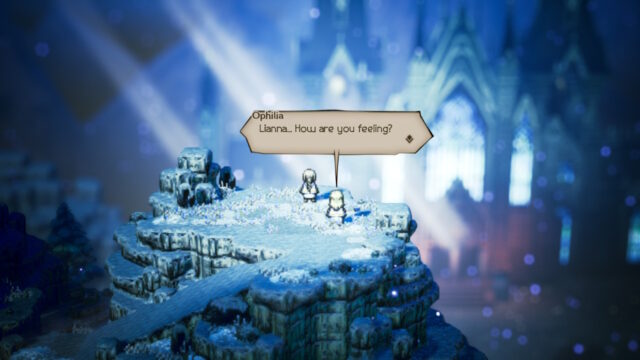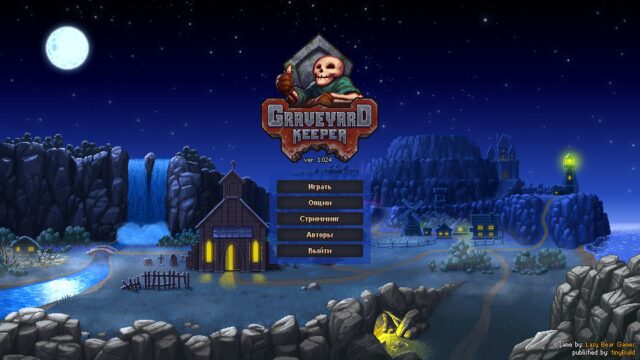Fallen Enchantress: Legendary Heroes Review
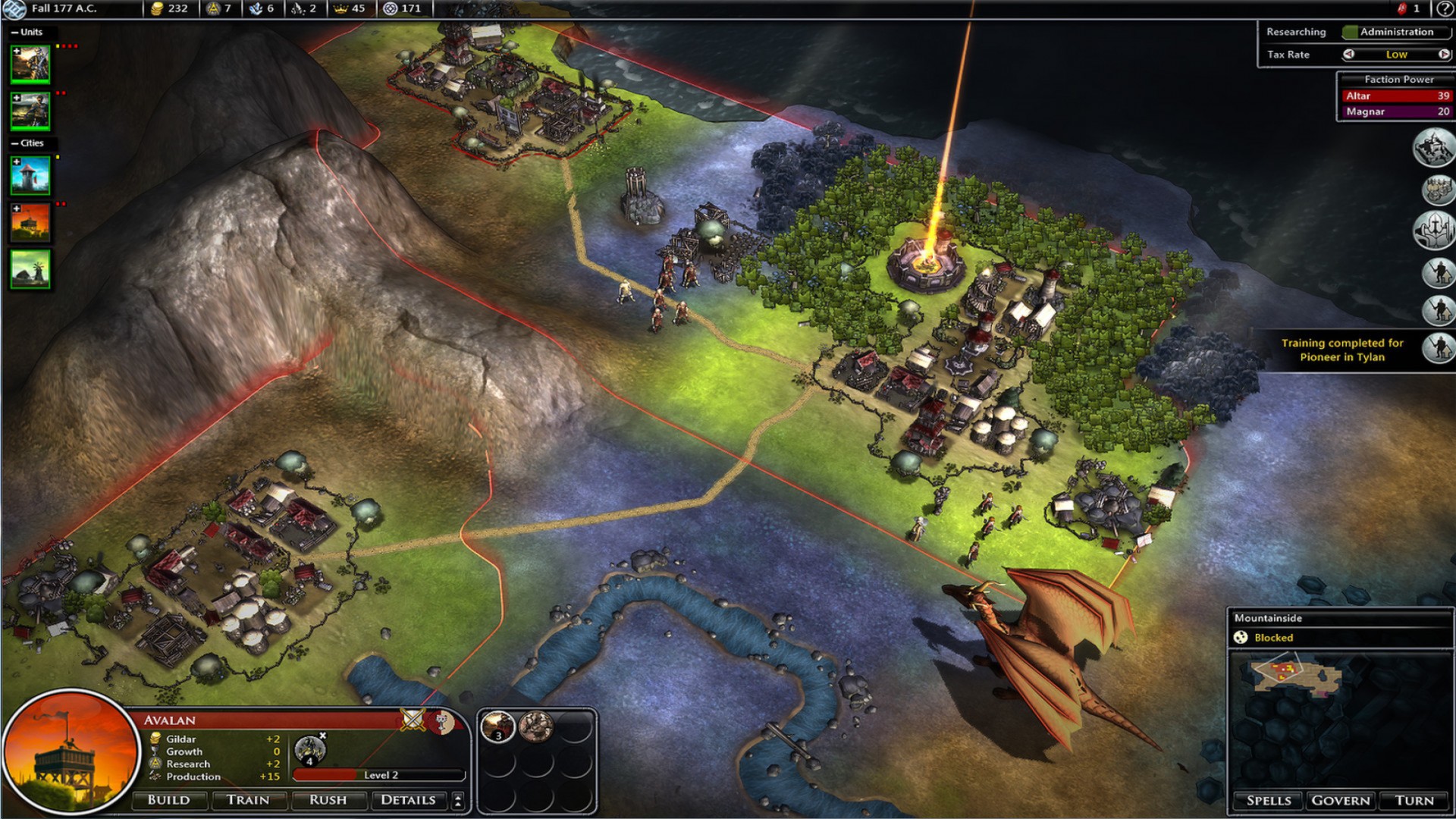
My acquaintance with global strategies started just a few years ago. with Civilization V (Or maybe it’s worth contrasting this game with Heroes of Might and Magic?). Previously, I wasn’t interested in this genre, but after playing a few games, I got hooked on it. I didn’t know anything about the Fallen Enchantress series, but when I heard that it was a global strategy in a fantasy setting, I was intrigued. And after getting to know it better, I can confidently say that I wasn’t disappointed in it.
Legendary Heroes is a standalone expansion for Fallen Enchantress. In the world of Elemental, players take on the role of a ruler of a kingdom, choosing a leader from ready-made options or creating their own according to their own discretion. They will develop their cities, build new structures, research technologies and magic, and explore the surrounding lands with the help of the leader and their armies.
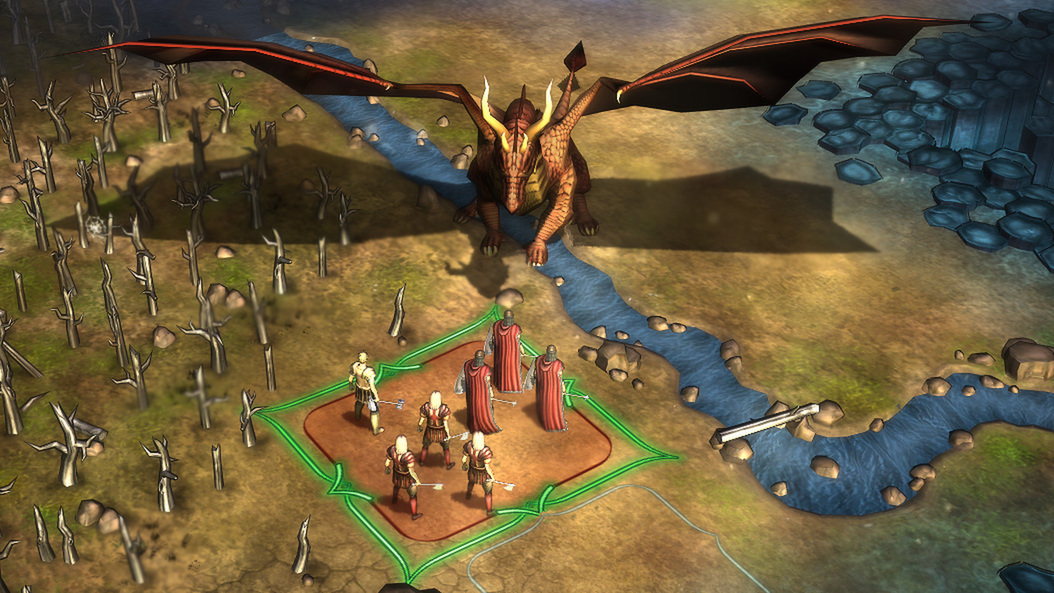
The game is divided into two different aspects. The first one is the classical development of civilization. The player builds a city, engages in production, science, and establishes food supplies to make it grow. They train new warriors for defense, attack, and exploration of lands. Cities level up along with population growth and can be used for specific purposes. For example, a city can be turned into a fortress to increase its defense or densely populated for faster growth, but in this case, the discontent of the inhabitants will increase. The variability of the game in this aspect is impressive.
What do I have here, an RPG in a strategy game?
The second aspect is the exploration and battles using warriors created in cities or heroes who came to help the kingdom. New heroes can be hired when the kingdom’s fame increases (through expanding cities and completing quests). Quests appear on the map, and to start their execution, it is enough to bring a unit to them. They involve killing enemies under certain conditions, finding lost weapons or equipment, and other various tasks. They usually lead to turn-based battles taking place on a separate map. Players move fighters on a grid, like in a tactical RPG. Depending on the character, special abilities can be used, such as spells or skills related to equipped weapons. There is extensive statistics that can be tracked during battles. Using equipment found during journeys will help increase the health, initiative, and attack of the warriors. Characters gain experience and level up for completing quests and winning battles, after which you can spend skill points on special perks in skill branches depending on the leader’s class.
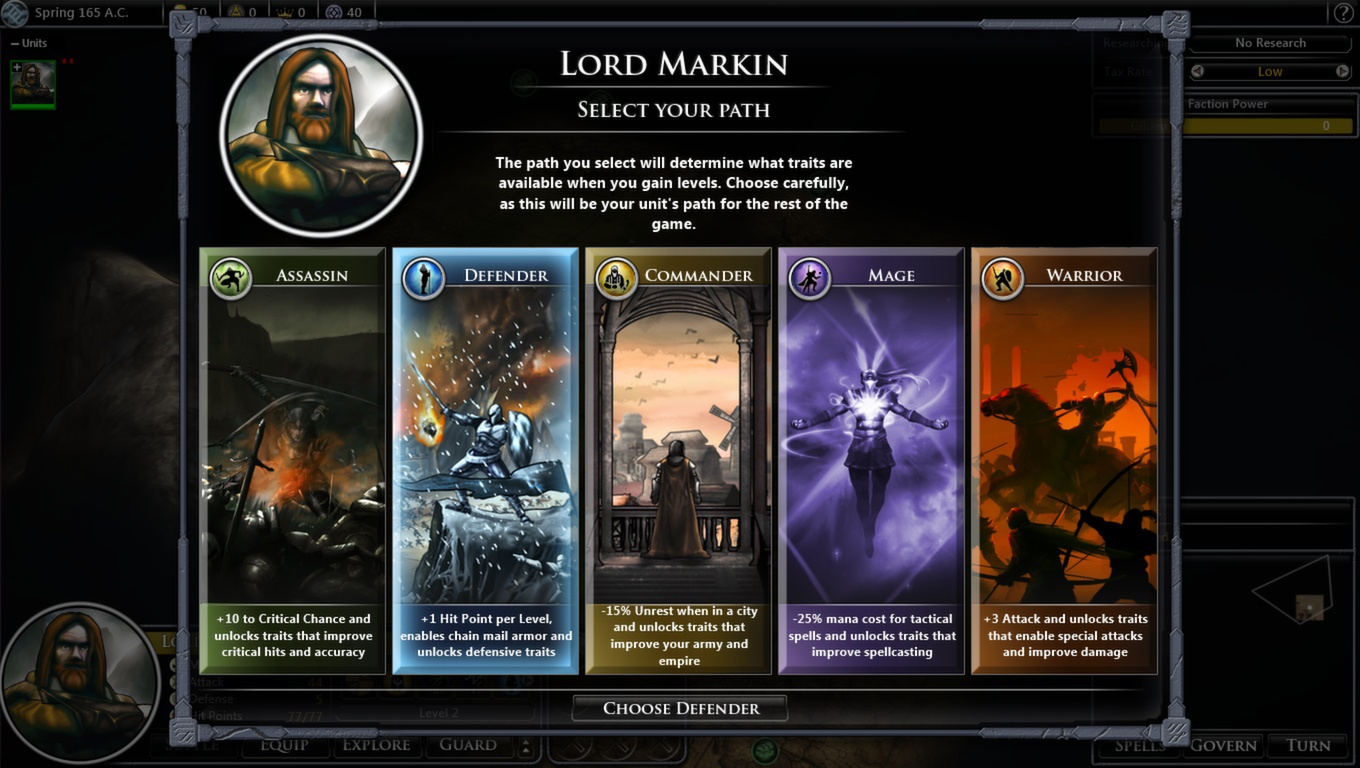
Magic plays an important role in the game. It can be used both in battles and on the global map. Among the spells, there are buffs for allies, debuffs for enemies and their cities, and many other useful techniques. All of them consume mana. Mana is accumulated through the development of cities and their specialization in buildings that generate mana.
Scientific research allows for the creation of new equipment. This can be weapons or armor, as well as magical items that enhance characteristics.
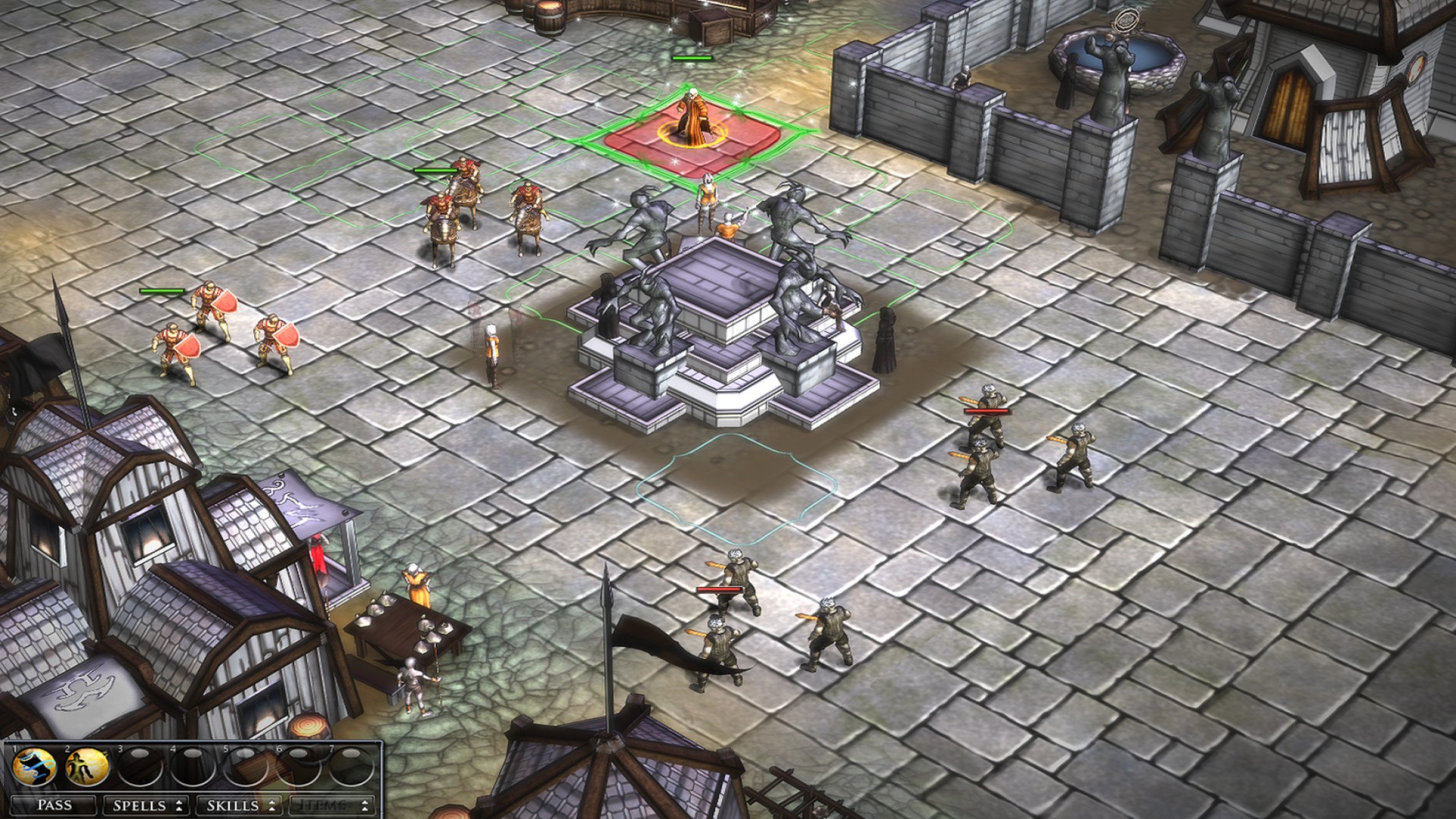
In Legendary Heroes, there are many ways to achieve victory. You can conquer other kingdoms by brute force or cast a spell of victory, which requires a high level of magic development and numerous magical towers in cities. There are both peaceful and warlike types of victory, but as in any global strategy, they will require a certain amount of time to accomplish.
The journey is more important than its destination
The early stages are the best part of Legendary Heroes. Building the city and completing the first quests are very engaging. Heroes, like cities, gain new levels, although it is not easy for them. Characters are initially very vulnerable, and the game randomly determines what they will encounter. Often, after half an hour of playing, I would come across an unbeatable giant dragon, and if I attacked it, the whole group would die. The game can also be frustrating with the starting area. Many times I started playing without any good resources nearby. The randomization of the map and creatures is very disheartening.
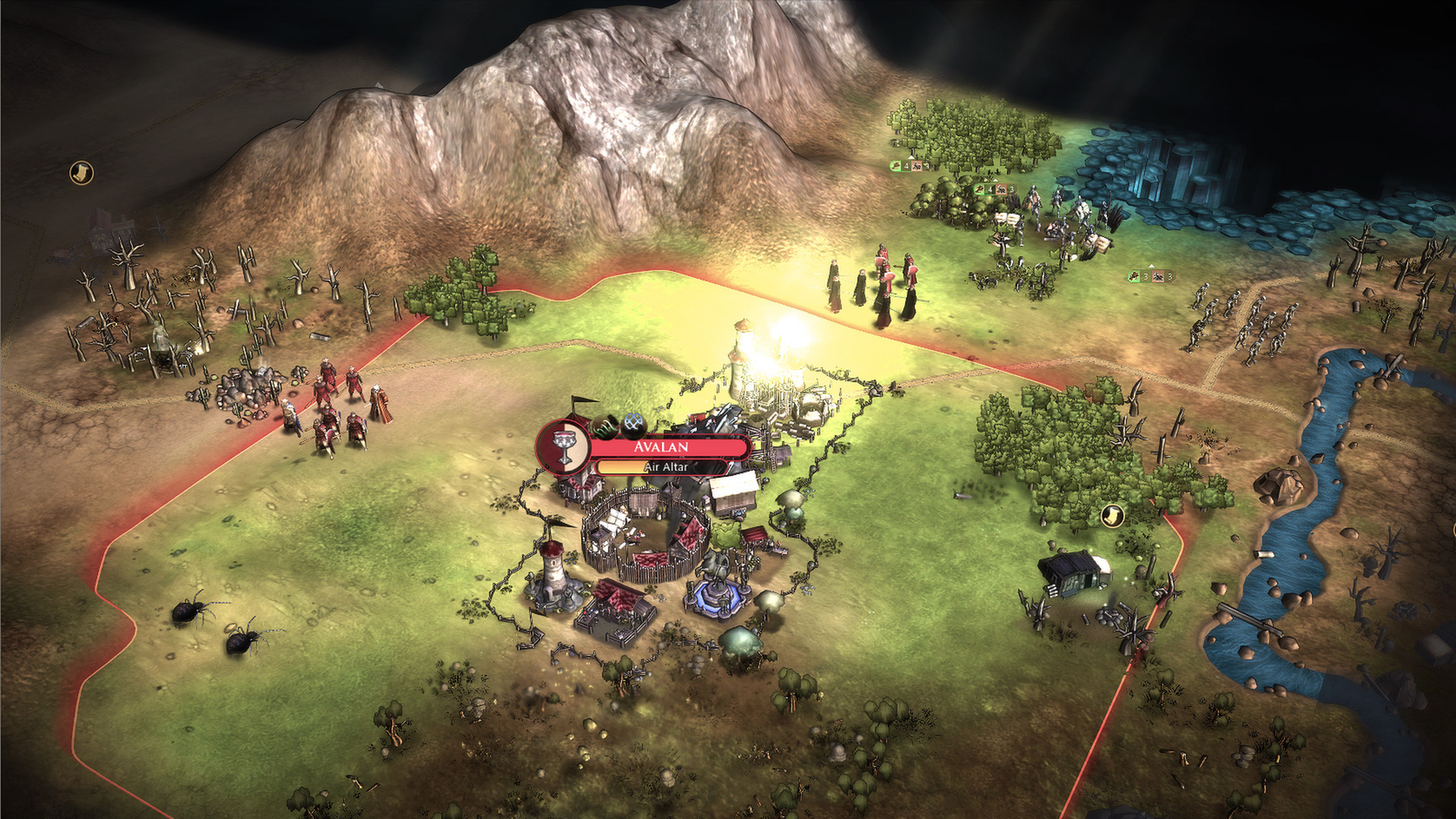
With the deepening of the game, you will feel the tedium of the mechanics. Of course, this is not a rare feeling in any such strategy, but in Legendary Heroes, it seems like you’re just clicking and clicking the mouse until the end. There is an option for auto-battle on the global map, and when I gathered a powerful enough army, I used it constantly. And it’s a shame that it works, because initially the battles are deep and interesting. Interacting with other rulers is similar to other global strategies, but I don’t see a real need to communicate with other kingdoms unless they declare war. They can’t offer anything useful in terms of offerings or negotiations, so I don’t even try to talk to them unless I want to achieve a diplomatic victory that requires an alliance with everyone.
Even the hairstyle can be customized
In the game, you can customize a lot of things for yourself. You can create your own heroes for the campaign, change the rules and modifiers before starting a new kingdom, and considering the deep variability of city and character progress, RPG fans will find something to occupy themselves with.
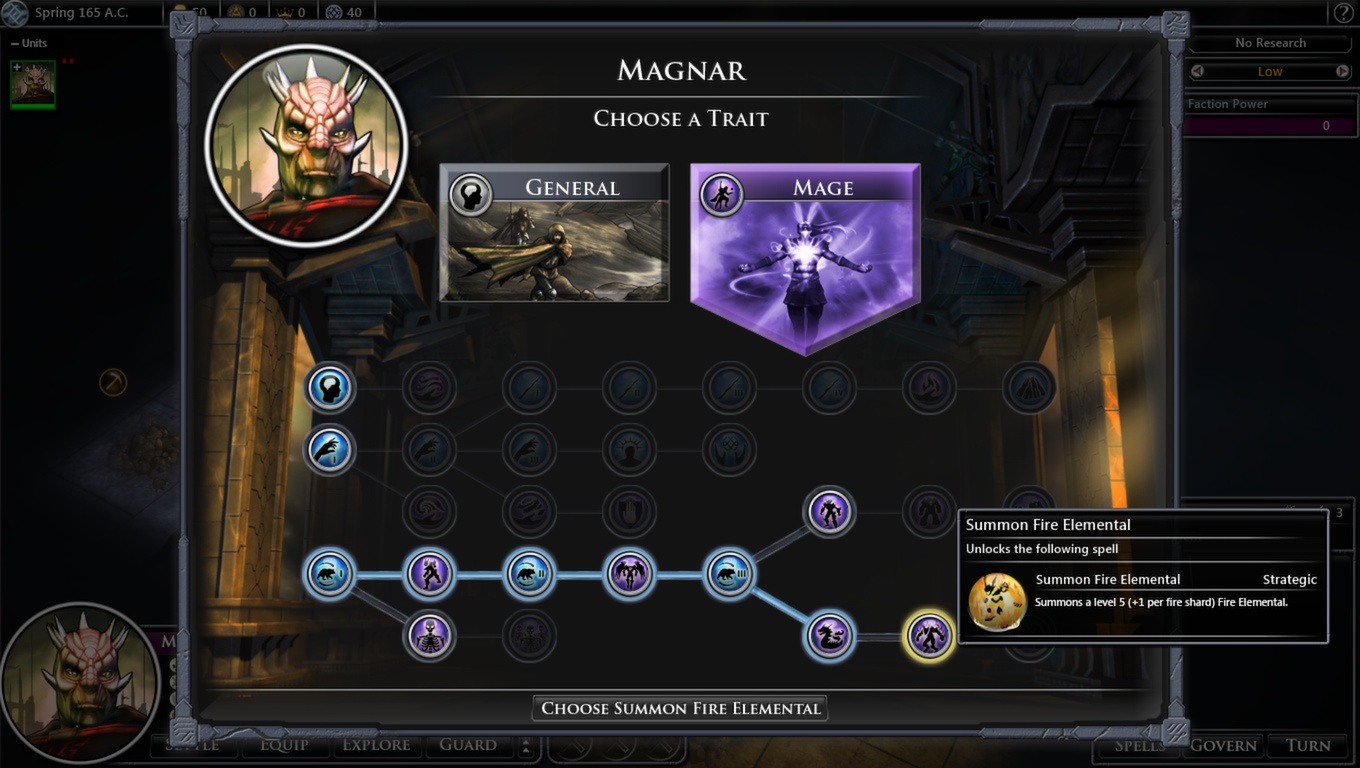
Visually, the game lacks the sparkle of the stars. I know that in isometric games, graphics are not a priority for many, but the character models are not pleasing to the eye at all. And it’s frustrating – no matter how much I tweak the hero’s settings, the model comes out just as angular as they did seven years ago.
Of course, I had a great time with Legendary Heroes, but there are moments that unpleasantly slow down the gameplay. This applies to movement and troop management – for example, when the army automatically enters a captured city and I have to manually withdraw the soldiers and regroup them again.
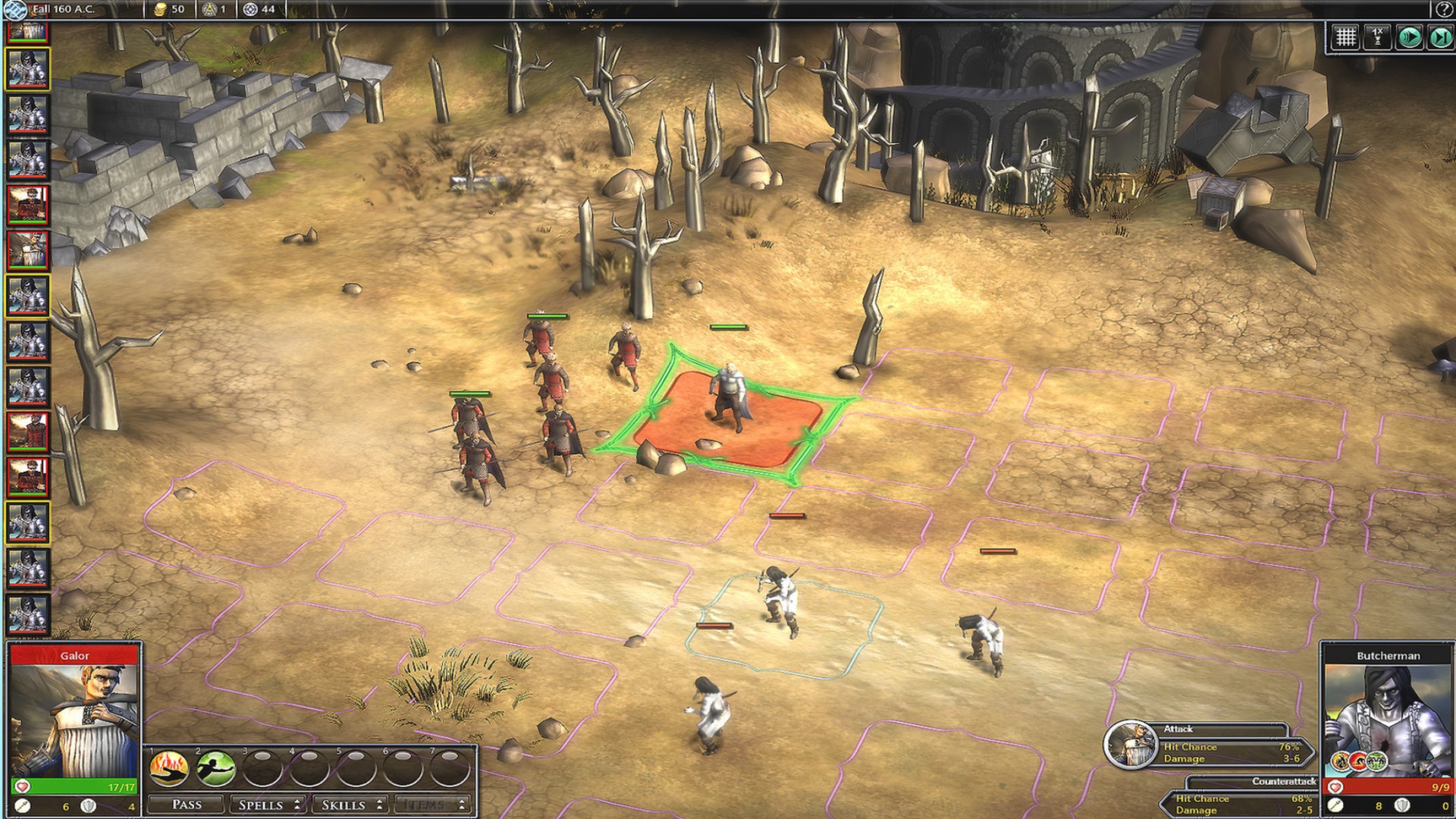
During combat, you need to aim the cursor with an accuracy that cannot be justified. I often move the soldier forward instead of shooting from a distance – simply because I clicked a couple of pixels off. These little things can’t ruin the gaming experience, but they hinder the enjoyment because they happen too often due to the game’s length. Of course, many of them can be fixed with patches, and Stardock does an excellent job of updating and supporting the game.
Fans of RPGs and grand strategy games should take a closer look at Fallen Enchantress: Legendary Heroes. The abundance of possibilities, city building, and hero development make you want to stay in the game for one more turn. There are some minor flaws, but they are not critical at all. You may be disappointed multiple times in a row by the unsuccessful random world generation, but once you start building your first city and completing quests, you will quickly forget about it. Legendary Heroes costs $12.49, and for this money, you will get a quite engaging game that I recommend to you.
Share
Discuss
More Reviews


